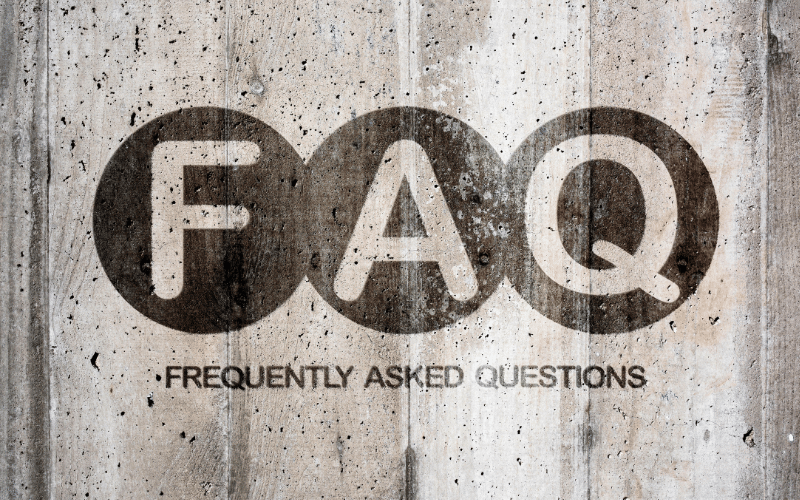Frequently Asked Questions: Unraveling the Mysteries of Biliary Dyskinesia

What exactly is Biliary Dyskinesia, and how does it affect my body?
Biliary Dyskinesia is a condition characterized by the malfunction of the biliary system, specifically the gallbladder and sphincter of Oddi, leading to impaired bile flow. This can result in a variety of symptoms, including chronic abdominal pain, bloating, changes in bowel movements, and more. The condition can significantly impact your digestive system and overall quality of life, making it essential to seek medical advice for proper diagnosis and treatment.
How is Biliary Dyskinesia diagnosed, and are there any specific tests required?
Diagnosing Biliary Dyskinesia typically involves a combination of medical history evaluation, physical examination, and specialized tests. The HIDA scan is one of the most commonly used tests, measuring the gallbladder’s function and bile flow. Your doctor might also recommend additional tests like ultrasound, blood tests, or endoscopic examinations to rule out other potential issues and confirm the diagnosis.
Can Biliary Dyskinesia be treated without surgery, and what are my options?
Treatment options for Biliary Dyskinesia vary depending on the severity of your symptoms and how significantly the condition is impacting your life. In some cases, dietary modifications, medications, and lifestyle changes may help manage the symptoms. However, if these measures prove ineffective and your quality of life is severely affected, your doctor might suggest surgical intervention, such as a cholecystectomy, to remove the gallbladder.
What are the potential risks of not treating Biliary Dyskinesia, and can it lead to more severe conditions?
Ignoring the symptoms of Biliary Dyskinesia and not seeking timely medical attention can lead to complications such as chronic pain, nutritional deficiencies, and a diminished quality of life. In severe cases, it may also increase the risk of developing gallstones or infections, which could require more complex medical interventions.
How will my life change after surgery for Biliary Dyskinesia, and what can I expect during the recovery process?
Recovery after gallbladder surgery for Biliary Dyskinesia varies from person to person, but most individuals are able to return to their normal activities within a week or two. You might need to make some dietary adjustments, focusing on low-fat meals to ease the digestion process. Most patients find significant relief from their symptoms post-surgery and are able to lead a normal, symptom-free life. However, it’s important to maintain regular follow-ups with your healthcare provider to monitor your progress and address any potential issues promptly.
Conclusion: Addressing the Challenges of Biliary Dyskinesia
Biliary Dyskinesia presents a complex array of symptoms, each demanding careful attention and thorough understanding. From chronic abdominal pain to unexpected weight loss, the condition stretches far beyond simple digestive discomfort, impacting overall health and quality of life. For individuals navigating this condition, recognizing the symptoms is a vital first step, followed closely by seeking professional medical advice. With the right diagnostic tools and a comprehensive evaluation, effective treatment plans can be established, whether they involve lifestyle changes, medication, or surgical intervention. The journey through Biliary Dyskinesia is unique to each person, but with perseverance and the support of a knowledgeable healthcare team, it is possible to regain control and find relief.
In wrapping up the discussion on Biliary Dyskinesia, it’s crucial to emphasize the importance of proactive health management and open communication with healthcare professionals. As the medical field continues to advance, so do the options for diagnosing and treating this complex condition, offering hope and improved outcomes for those affected. By staying informed, advocating for personal health, and fostering resilience, individuals with Biliary Dyskinesia can navigate their journey with confidence, ultimately moving towards a healthier, more comfortable life.